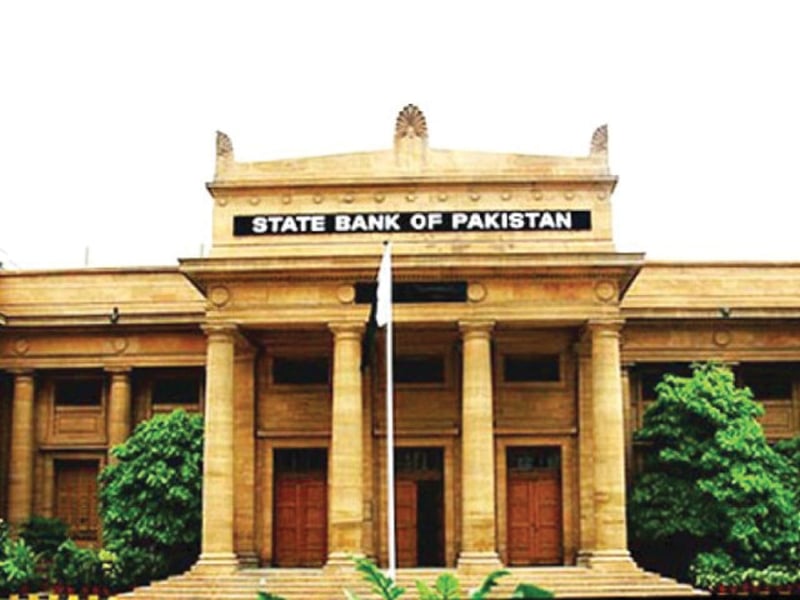
Hospitals and new projects in the manufacturing sector could avail bank financing at reduced interest rate of 3% and 7% respectively to fight against the contagious virus and increase investment in the country. Besides, subsidised financing is already available to the textile exporters at 5% and all other exporters at 6% for stepping up export activities in the country.
“These (rate cut and subsidised financing schemes) are not the only tools…and last steps to fight against the disease. We are considering other options as well. We will announce new measures as and when required,” said State Bank of Pakistan (SBP) Governor Reza Baqir at a meeting with the media before the announcement of monetary policy on Tuesday.
“The SBP stands ready to take whatever additional actions which may be necessary to safeguard price and financial stability and support economic growth (amid the spread of coronavirus),” he added.
“We are keeping a vigilant eye on the real economic activities. We will make sure factories remain operational and exports do not fall.”
GDP growth projection
The central bank, however, revised down its projection for economic growth to 3% for the ongoing fiscal year ending June 30, 2020.
Earlier, it had estimated a growth of 3.5% for the year. In January, it hinted at revising down the projection due to poor agricultural output and then the contraction in large-scale manufacturing industries like automobile, cement and steel.
“Economic fundamentals remain intact (at pre-coronavirus outbreak levels),” Baqir said.
He, however, did not rule out the possibility of a decrease in exports during the ongoing fiscal year.
First of all, exports had a nominal share in the gross domestic product (GDP), hence a drop in exports would not badly impact GDP growth, he said. Secondly, he said, exports would not fall alone and imports would also shrink. “Overall, these developments will be positive for Pakistan mainly due to a huge drop (of over 30%) in international oil prices,” he said.
There is a massive uncertainty regarding the coronavirus.
However, the impact of the pandemic on people and the national economy is not permanent but temporary. “The economy will see a relief rally when remedy (medicines and vaccines) against the virus is introduced,” he said.
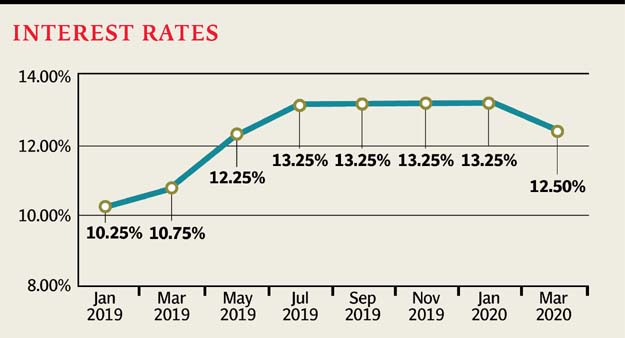
Rate cut justified
The policy rate cut (of 75 basis points) is justified considering the inflation outlook. This has brought the new rate, of 12.5%, on a par with the inflation reading of 12.4% recorded in February, he said. The SBP left its inflation projection unchanged at 11-12% for the current fiscal year 2019-20.
“A bigger rate cut will not encourage people to come out of their homes (while the virus is taking its toll on the people),” Baqir remarked.
“We should not compare our rate cut with bigger rate cuts in developed countries. We are not in competition for the rate cuts. They (developed countries) are more careful and cautious than emerging markets (including Pakistan),” he said.
“We may take more action once the latest data such as new inflation reading and large-scale manufacturing sector’s output is available in the near future. We want our action on quantitative measures.”
Foreign investment outflow
The outflow of foreign investment (hot money) from Pakistan’s debt market - T-bills and Pakistan Investment Bonds (PIBs) - has nothing to do with the prevailing interest rate regime in the country.
They have been pulling out their investments from across the world, including Pakistan, to keep cash in hands during these tough times, he said.
“Pakistan’s buffer foreign currency reserves have increased by around $10.5 billion since end-June 2019. If foreign investors pull out the remaining amount, which is a little over $2 billion, from here then that will not impact us badly,” he said.
Subsidised loans for industry
The SBP chief announced the “Temporary Economic Refinance Facility (TERF)” and its Shariah-compliant version to stimulate new investment in the manufacturing sector.
Under this scheme, the SBP will refinance banks in order to provide financing at a maximum end-user rate of 7% for 10 years for setting up new industrial units.
The total size of the scheme is Rs100 billion with maximum loan size per project of Rs5 billion. It can be accessed by all manufacturing industries with the exception of power sector as an SBP refinance facility for renewable energy projects already exists.
This scheme will help counter any possible delay in setting up new projects that investors were planning prior to the coronavirus outbreak. It will be available for one year only requiring a letter of credit (LC) to be opened by the end of March 2021.
Subsidised loans for hospitals
The SBP announced the “Refinance Facility for Combating COVID-19 (RFCC)” and its Shariah-compliant version to support hospitals and medical centres in combating the spread of COVID-19.
Under this scheme, the SBP will refinance banks in order to provide financing at a maximum end-user rate of 3% for five years for the purchase of equipment to detect, contain and treat the coronavirus.
The total size of the scheme is Rs5 billion, with maximum financing limit per hospital or medical centre of Rs200 million. It will be available till the end of September 2020.
Published in The Express Tribune, March 18th, 2020.
Like Business on Facebook, follow @TribuneBiz on Twitter to stay informed and join in the conversation.














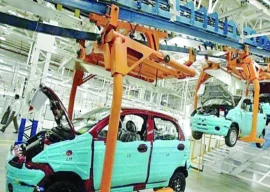

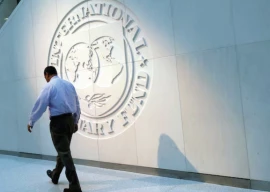

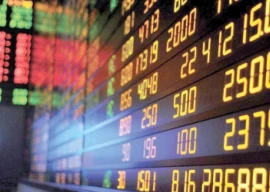
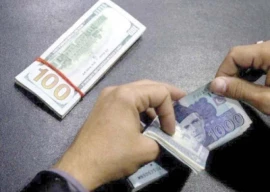
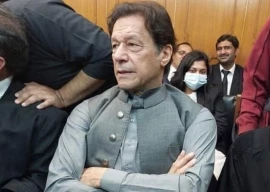
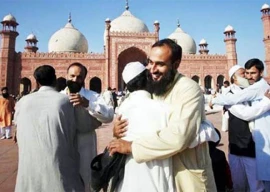
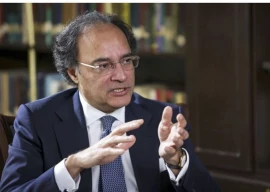
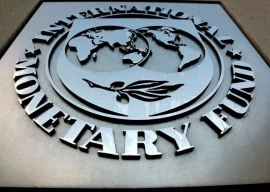
1718097991-0/photo-collage-png-(2)1718097991-0-270x192.webp)


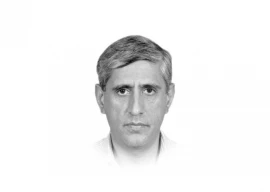


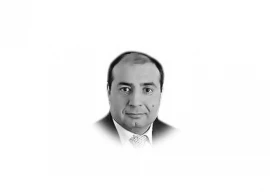
COMMENTS
Comments are moderated and generally will be posted if they are on-topic and not abusive.
For more information, please see our Comments FAQ